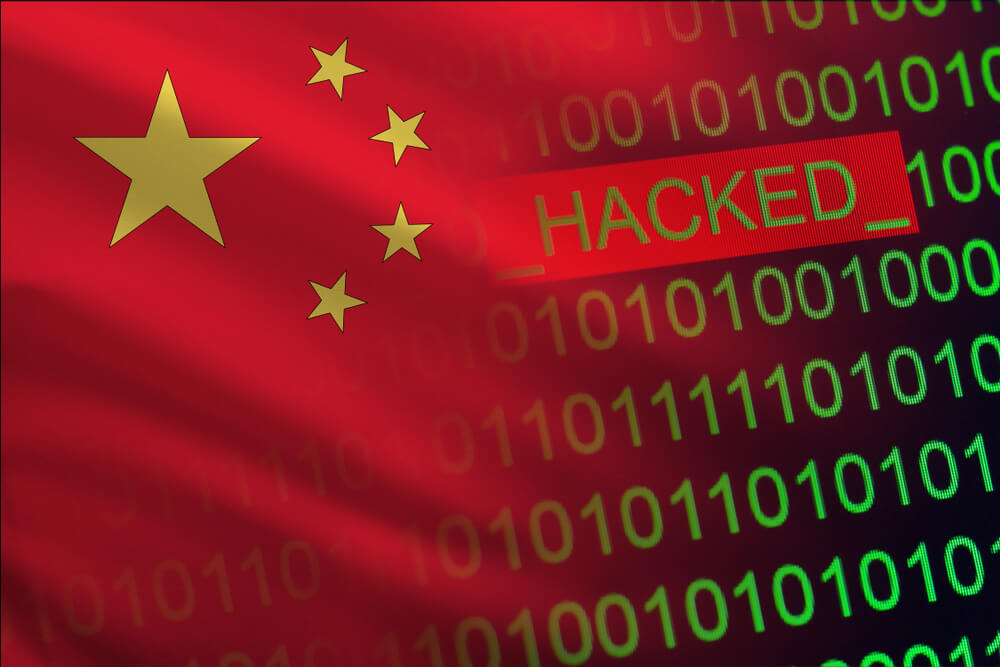With U.S. President Donald Trump’s trade war with China waging on, one of the central components of why the fight is occurring — China’s theft of intellectual property — is rearing its head again, according to the Department of Justice.
“If you are looking for a smoking gun and you wait for it, you might end up with a gunshot.”
“More cases are being opened that implicate trade secret theft,” U.S. Deputy Assistant Attorney General Adam Hickey told CNBC from Singapore over the weekend.
Since around 2012, more than 80% of IP theft brought to the department’s attention implicate China, and the frequency of cases has risen in recent years, Hickey said.
“That may be because the victims are more attentive to what’s happening, which is a good thing,” Hickey said. “They may be more comfortable reporting to law enforcement, which is a good thing. They may be fed up, which is also a good thing.”
The DOJ launched its “China Initiative” in November of 2018 to combat national security threats by identifying and prosecuting IP and trade secret theft, hacking and economic espionage while the country moves toward its “Made in China 2025” plan. It’s a strategic plan that aims to reduce dependence on imported technology in 10 key areas including robotics, information technology, biopharma, railway and transport.
“We’ve charged cases, I believe, in eight of those 10 sectors, IP theft cases,” Hickey said.
Hickey didn’t mention Chinese telecom giant Huawei specifically, but he did say companies like it pose a threat to U.S. interests. Huawei has been banned from U.S. networks by the Trump administration over spying accusations.
“It’s going to matter where that company is located and whether they can be leveraged to comply with an intelligence service without regard to the rule of law that has to be relevant,” he said.
Huawei CEO Ren Zhengfei has said a number of times it would “never install a back door” on its equipment that could be utilized by the Chinese government to spy, even if ordered to do so.
But experts say the company would have no choice but to comply with a direct order from its communist government.
“If you are looking for a smoking gun and you wait for it, you might end up with a gunshot,” Hickey warned.



